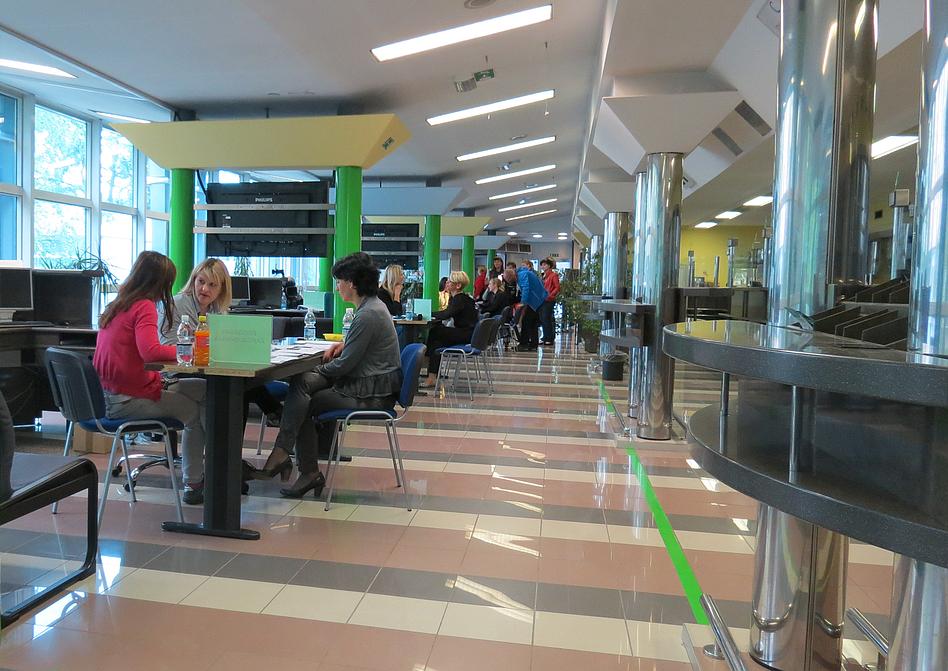
The group that is becoming increasingly problematic is job seekers above the age of 50, more than 35,400 job seekers who represent over 33 per cent of all unemployed workforce. Romana Lapajne, a representative of the Slovenian employment bureau, emphasizes the factor of education. “Almost 70 per cent of older job seekers only have vocational education. Another issue is the prevalence of male, with 57 per cent, which is mostly the result of the economic crisis, which has hit the construction sector hardest.”
What’s even more worrying is that a staggering 70 per cent of older job seekers have been unemployed for a longer time, i.e. over a year. “Long-term unemployment hits them hard. They often tell us, ‘I’ve given a lot to the country, the society, the company in the last 20 years, but now no one is there to help me’ or ‘I don’t have the required knowledge’,” describes Lapajne. “In a way, they’re lost and have fairly low self-esteem.”
And a commentary about the current situation on the labour market? Anthropologist and social worker Jože Ramovš from the Anton Trstenjak Institute points out: “It is tragic that people can no longer work their entire life and make a living with fair work. That’s not normal. But it’s not a first, this happened many times through history. In the last 25 years we’ve had more of this here, too.” Employers often have second thoughts about hiring older workers, which is why the latter have a hard time finding work. The young spend an average of 9 to 10 months to find a job while older seekers need 12 to 13 months.

































































